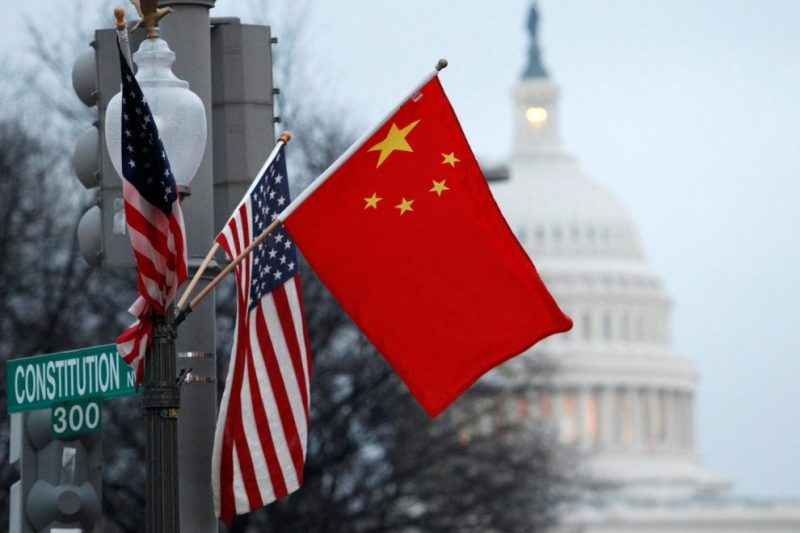As much as 43% of US investment in China may be threatened should it adopt a proposed new bill to review outbound investments in countries considered a potential security threat.
That’s the view of a new report by the research firm Rhodium Group, which says the National Critical Capabilities Defence Act, introduced by senators last year to safeguard national security interests, has major implications for the economic relationship between the US and China.
“If the bill becomes law without major changes, it will almost certainly accelerate a shift in US-China investment ties away from ‘active’ FDI (Foreign Direct Investment) towards more ‘passive’ holdings of equity and bond securities,’’ says the report. “It could also stoke tensions with US allies, who may decide not to follow America’s lead and react unfavorably to new investment restrictions imposed on the US operations of their companies.’’
Critical Sectors
Such a new regime may also have negative consequences for the global competitiveness of US companies in several critical sectors and for the attractiveness of the US as a global investment destination, it says.
It remains to be seen whether the proposal becomes law and if enacted it could be watered down, says Rhodium. The ultimate impact on business would depend on the rules governing the law’s implementation, it added.
“However, the risks of a broad and loosely defined screening approach like the one proposed in current versions of the NCCDA are high, both for American companies and the US economy,” it concludes.
• Kevin Hamlin
ALSO ON AF:
US-China Tensions Simmer Over Latest Sanctions
US Senate backs $170-billion boost to R&D, domestic production
Biden warns Xi to expect “extreme competition” from the US
Biden warns senators China could “eat our lunch”
US bids to boost chips as Senate panel passes huge tech bill
























